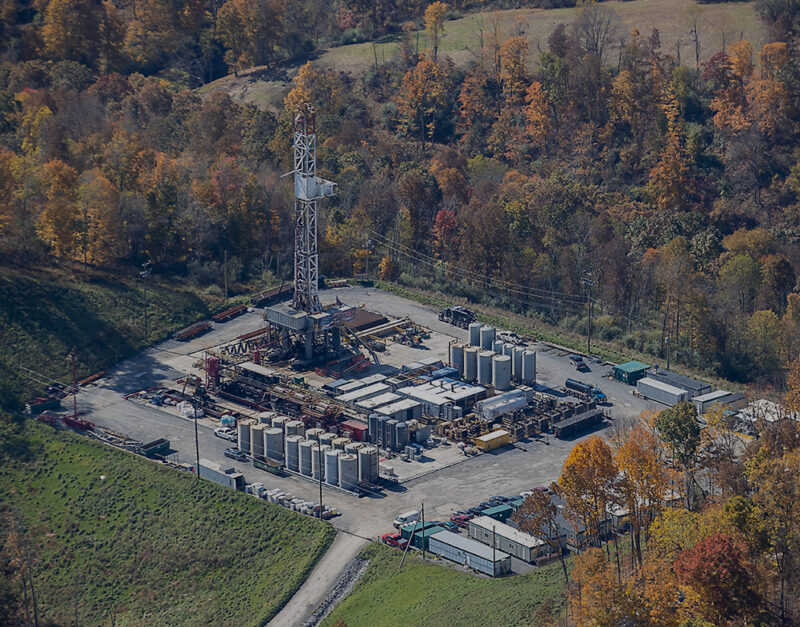 March 5, 2024
March 5, 2024 A significant part of a nation’s economy runs on oil and gas – transportation systems, home heating and even the military depends on petroleum products. Take oil and gas out of the national conversation, and the economy grinds to a halt. Because there is such a premium on these fuels and because not all fuel sources can be accessed strictly by traditional drilling techniques, new and unconventional are increasingly being used.
What Is Fracking?
Unconventional oil and gas development (UOGD) is the process of extracting oil and gas from previously inaccessible reservoirs through directional drilling and high-volume hydraulic fracturing or fracking. According to the Environmental Protection Agency (EPA), UOGD “plays a key role in our nation’s clean energy future.”
Researchers, however, have linked fracking and related processes to higher incidences of birth defects and certain types of cancer, according to WebMD.
How Does Fracking Affect Human Health?
According to researchers Janet Currie, Michael Greenstone, and Katherine Meckel in their paper, “Hydraulic Fracturing and Infant Health: New Evidence from Pennsylvania,” published in Science magazine, fracking can impact human health in different ways, including from exposure to toxic chemicals in water and air pollution.
“In the fracking process,” the paper notes, “water and other chemicals are forced into shale rock to fracture it and allow the gas or petroleum trapped in the shale to be tapped.” Research has focused on water pollution and side effects of the chemicals found both in the fracturing fluid and in air emissions near fractured gas wells.
The toxic chemicals in drilling production wastewater and fracking fluids “are associated with reproductive and embryological or developmental abnormalities, including heavy metals, polycyclic aromatic hydrocarbons, and aromatic organic compounds like benzene,” according to a study published in July 2023 in Environmental Research Journal.
How Does Fracking Affect Infant Health?
There are at least two reasons to focus particularly on infant health in probing the health effects of exposure to hydraulic fracturing:
- increasing evidence that the fetus is vulnerable to a range of maternal pollution exposures.
- Because the fetus is in utero no more than nine months, it is possible to pinpoint the timing of the potential exposure.
Key findings of the study include:
- Fracking negatively impacts the health of mothers and babies living within 3 kilometers of a well site.
- For mothers living within one kilometer of a drilling site, the study found a 25 percent increase in the probability of low birth weight (birth weight < 2,500 g) and significant declines in average birth weight and in an index of infant health.
- The most common birth anomaly was hypospadias, followed closely by congenital heart disease and oral clefts. Living near UOGD wells is associated with limb reduction. Spina bifida risk was also doubled.
The results of these and other studies underscore the need for greater vigilance. When drilling companies and fracking operations are found to have exposed residents to harmful chemicals, they just be held accountable.
How We Help Victims Who Suffered Birth Defects
Contact us to seek justice with the help of our experienced birth defect attorneys. We’ve battled corporate giants on behalf of individuals like you for 20 years. Our Dallas, Texas, birth defect law firm represents families dealing with birth defects. If you have a child with birth defects caused by toxic exposure, we can help.


